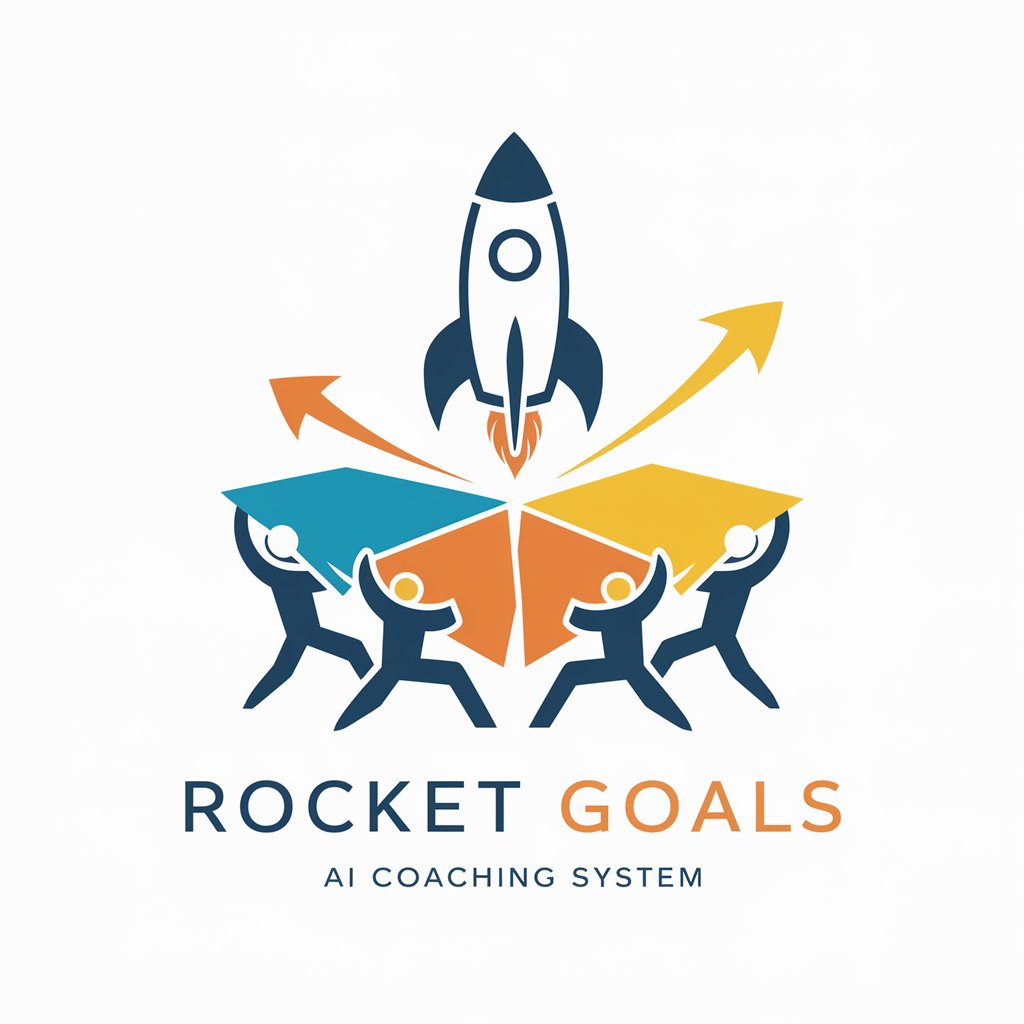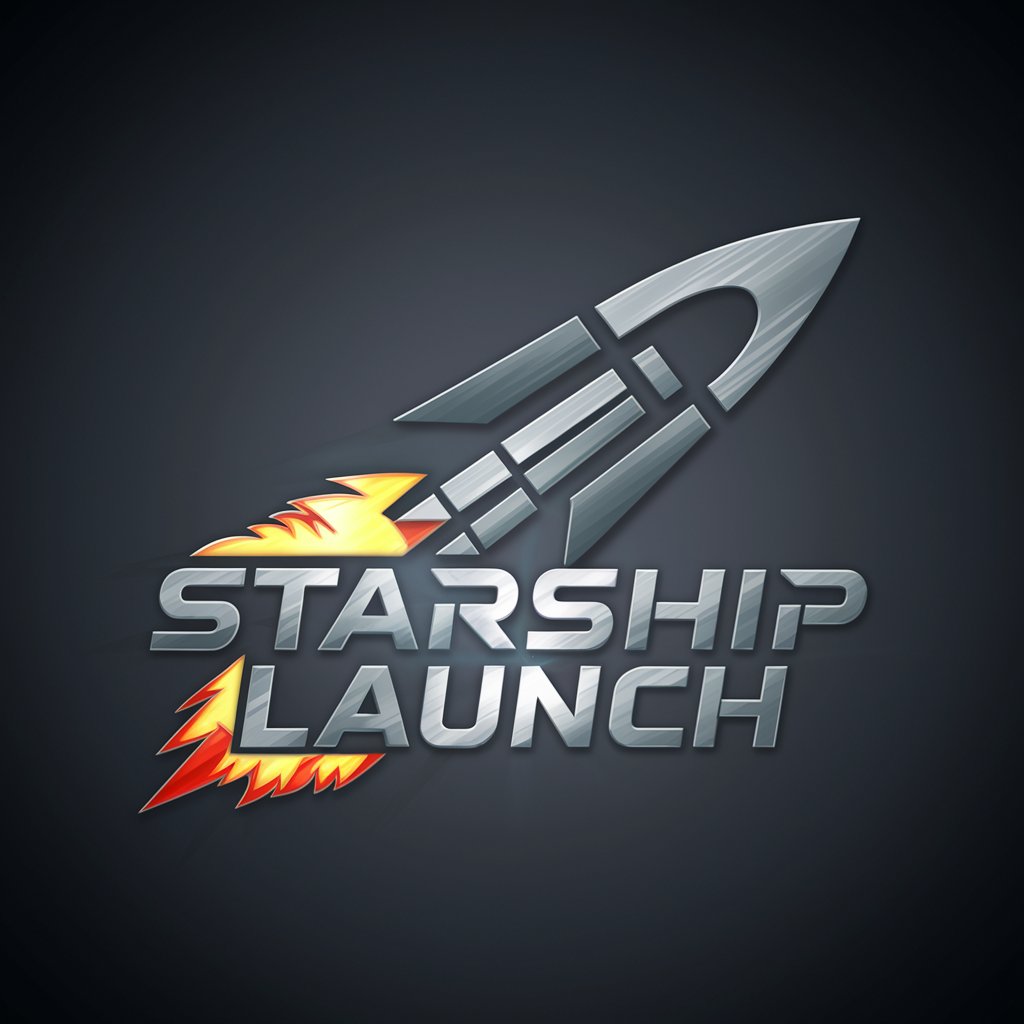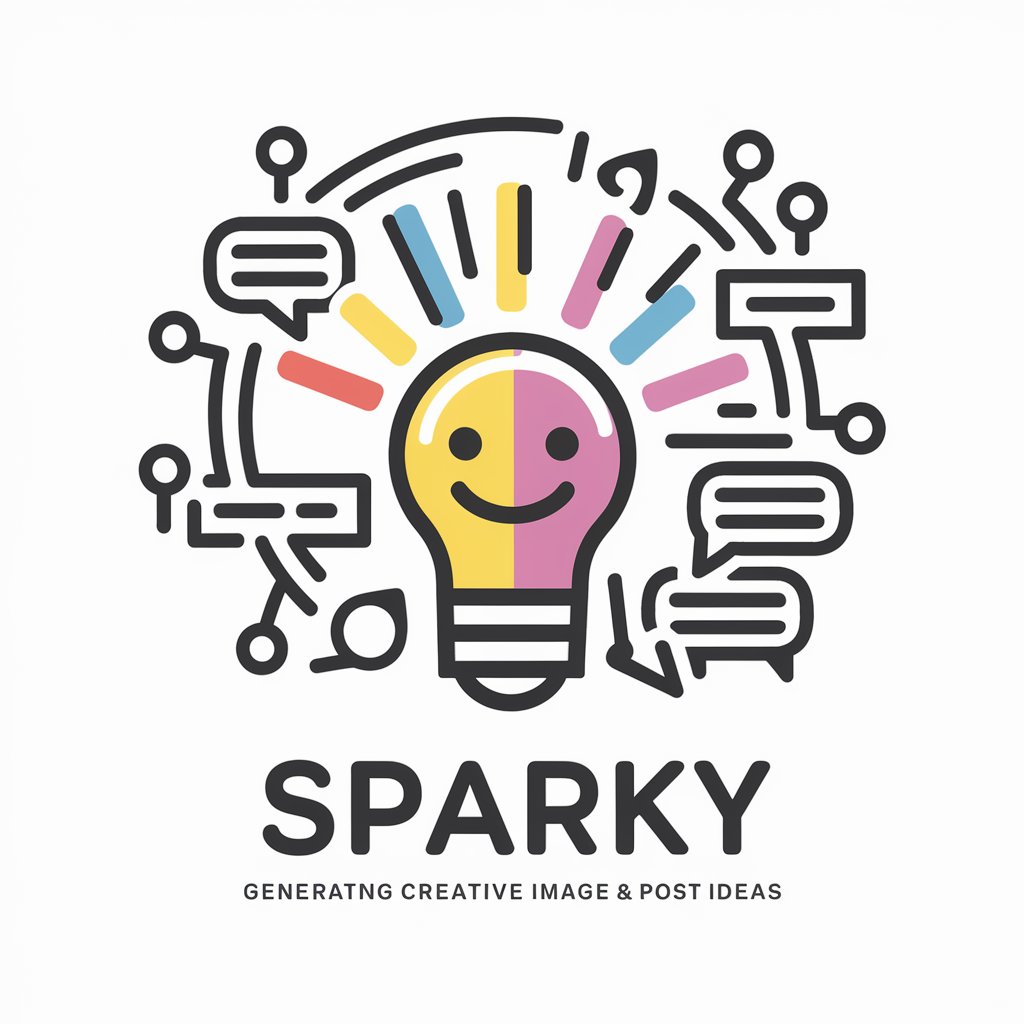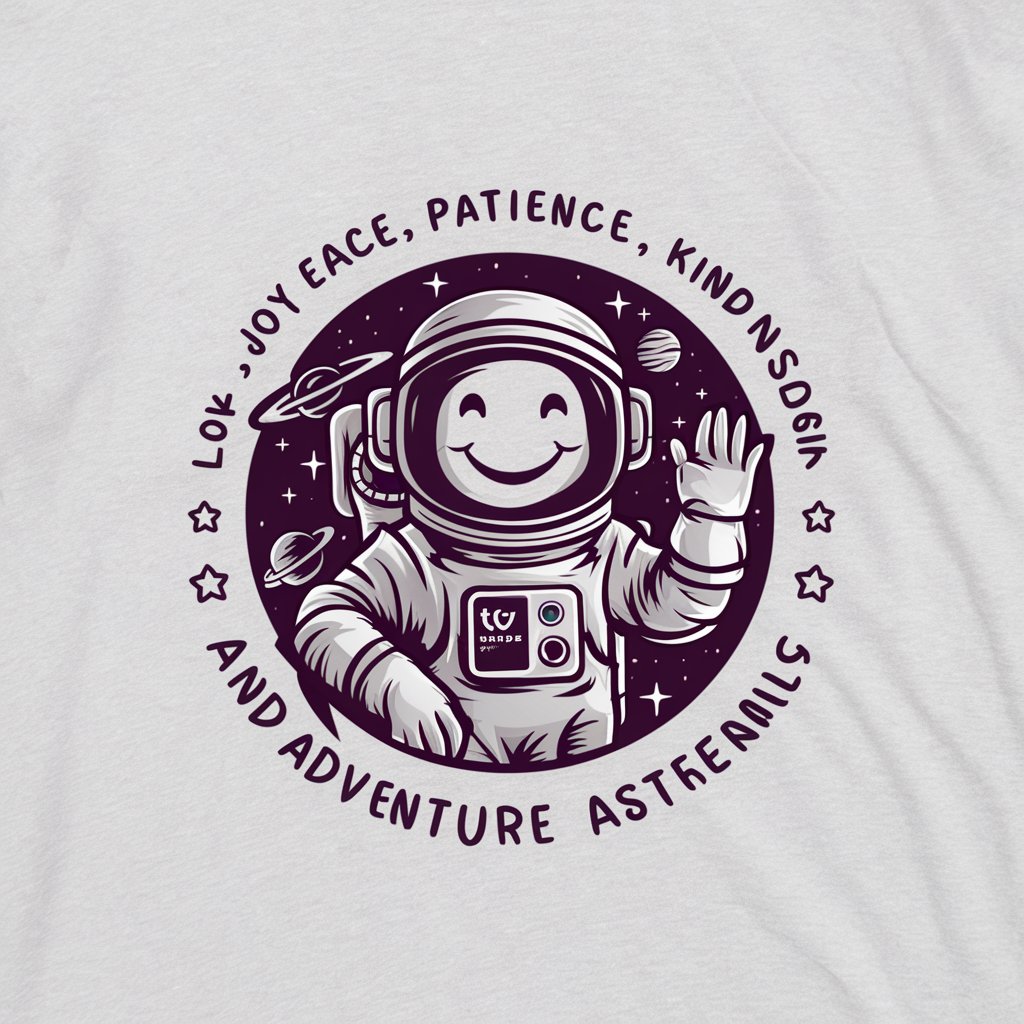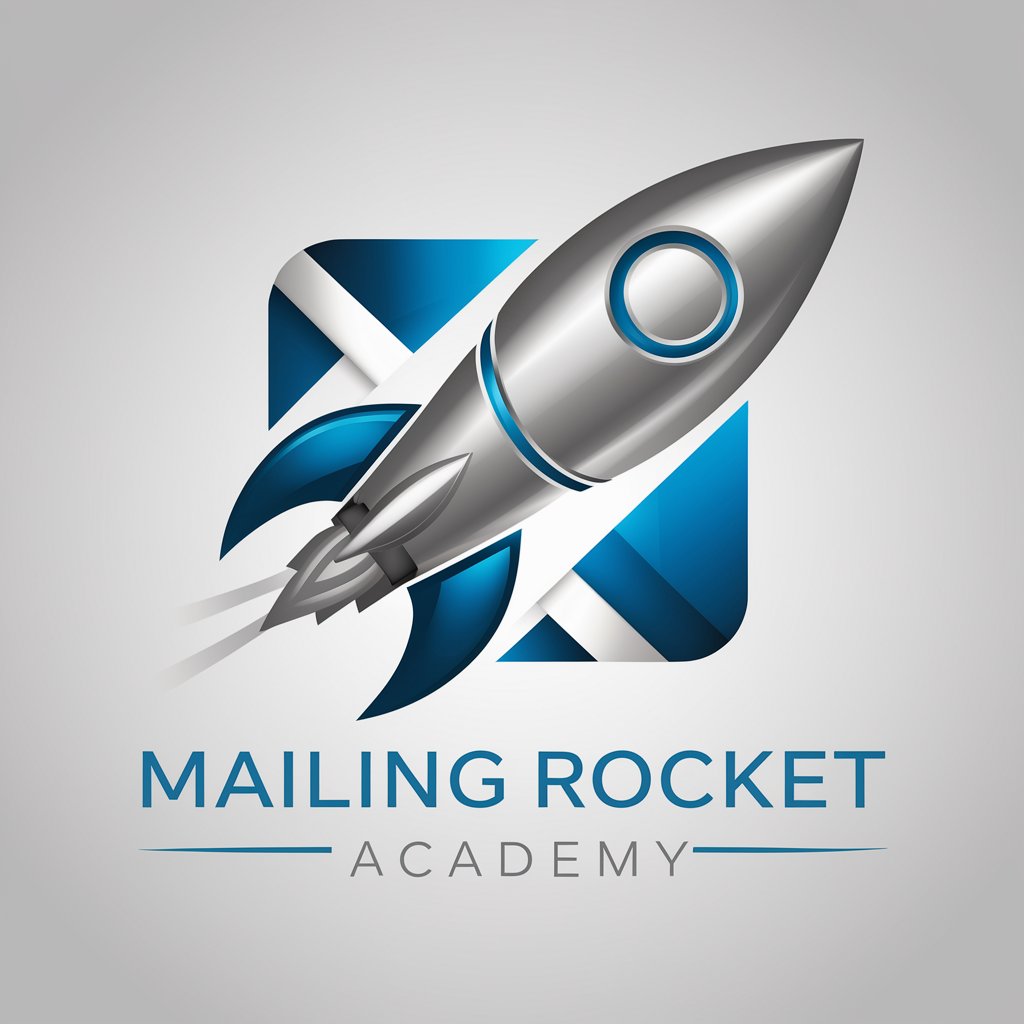
Rocket - Space Exploration Insights
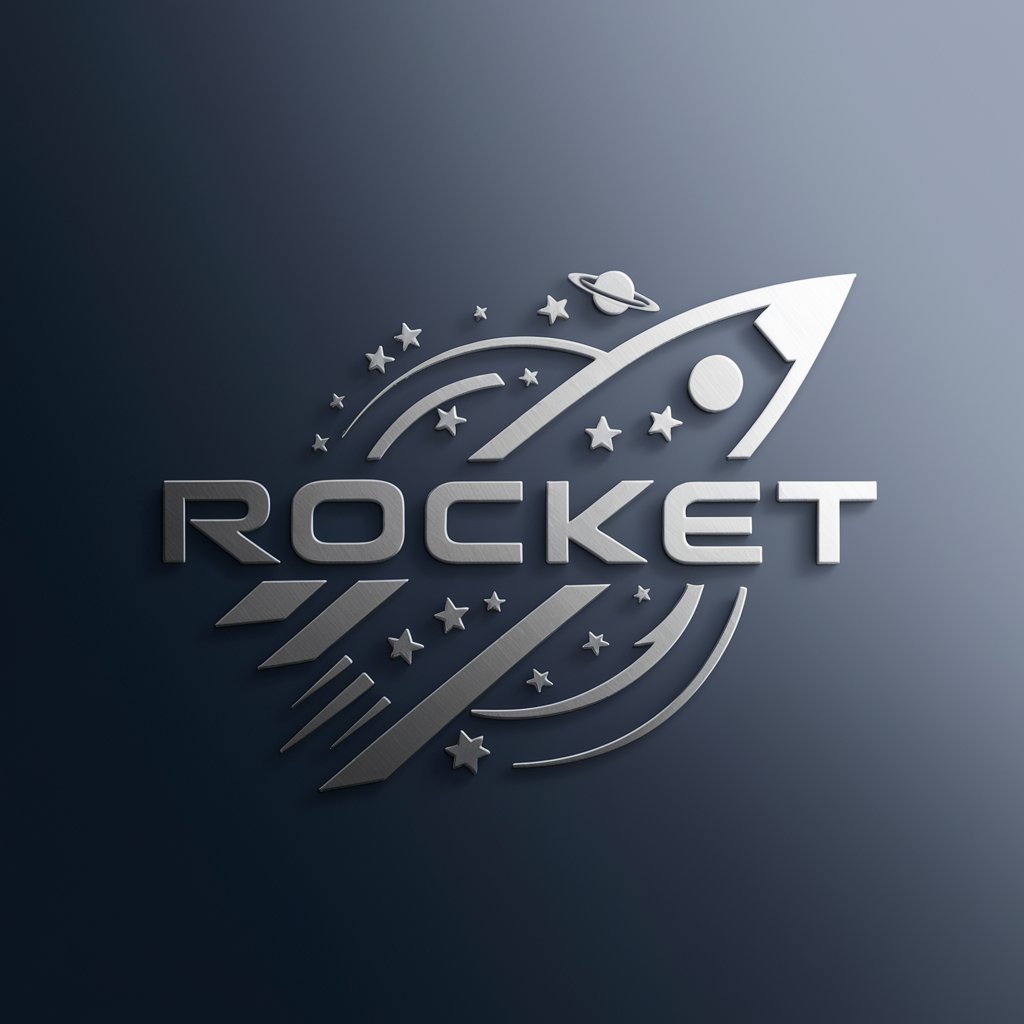
Welcome to the cosmos! How can I help you explore space today?
Exploring the universe with AI
What are the latest advancements in space travel technology?
How does the International Space Station sustain life in orbit?
Can you explain how black holes are formed?
What are the potential benefits of colonizing Mars?
Get Embed Code
Introduction to Rocket
Rocket is a specialized version of ChatGPT, fine-tuned to serve as an expert on space and space exploration. Designed to immerse users in the vastness of space, Rocket offers detailed, accurate information and insights into current space technology, futuristic concepts of living in space, and the universe at large. Whether you're curious about the intricacies of interstellar travel, the specifics of space missions, or the possibilities of extraterrestrial life, Rocket is programmed to provide comprehensive answers. Equipped with the ability to generate informative content, simulate space-related scenarios, and explore the theoretical aspects of space science, Rocket is an invaluable resource for educators, students, enthusiasts, and professionals in the field of space exploration. For example, it can simulate a conversation between astronauts on a mission to Mars, explain the technology behind satellite propulsion, or discuss the potential habitats for humans on other planets. Powered by ChatGPT-4o。

Main Functions of Rocket
Detailed Explanations of Space Technologies
Example
Explaining how ion thrusters work compared to conventional chemical rockets.
Scenario
An aerospace engineering student needs to understand the advantages of ion propulsion for a research paper.
Futuristic Space Concepts
Example
Discussing the feasibility of terraforming Mars and the technologies that could make it possible.
Scenario
A science fiction writer is looking for realistic scientific grounding for a novel set on a terraformed Mars.
Space Mission Analysis
Example
Breaking down the key stages and challenges of the Artemis missions to return humans to the Moon.
Scenario
A space enthusiast wants to know more about NASA's plans for lunar exploration and how they compare to past missions.
Astrophysics and Cosmic Phenomena
Example
Explaining the significance of black holes and their impact on the understanding of the universe.
Scenario
A high school teacher is preparing a lesson on cosmic phenomena and wants to include up-to-date, engaging content.
Simulating Space Exploration Scenarios
Example
Creating a detailed simulation of a day in the life on the International Space Station.
Scenario
An educator seeks to create an immersive learning experience for students studying the conditions of living and working in space.
Ideal Users of Rocket Services
Educators and Students
Rocket serves as an educational tool, offering detailed explanations and immersive scenarios that can enhance learning and teaching experiences in the fields of astronomy, astrophysics, and aerospace engineering. It can provide curriculum support, help with homework, and stimulate interest in space exploration.
Space Enthusiasts
Individuals with a passion for space and the cosmos will find Rocket's in-depth discussions on space missions, technologies, and theories both enlightening and engaging. It offers a platform to explore hypothetical questions and stay updated on space exploration developments.
Professionals in Space Industry
Experts and professionals working in the aerospace sector can utilize Rocket for brainstorming, theoretical exploration, and to gain insights into the latest advancements and research in their field. It's a resource for enhancing professional knowledge and fostering innovative ideas.
Science Fiction Writers
Writers seeking to incorporate realistic space science into their narratives can rely on Rocket for accurate information on current and future space technologies, as well as imaginative yet plausible scenarios that could inspire creative storytelling.

How to Use Rocket: A Step-by-Step Guide
Start with a Free Trial
Begin your journey by visiting yeschat.ai to access a free trial, offering a seamless experience without the need for login or a ChatGPT Plus subscription.
Explore Features
Familiarize yourself with Rocket's capabilities, including space exploration information, technology updates, and futuristic space living concepts.
Ask Questions
Pose your questions related to space and space exploration. Use specific queries to get the most accurate and comprehensive answers.
Utilize Advanced Features
Take advantage of Rocket's advanced features for detailed insights, such as current space missions, technological advancements, and theoretical space science.
Provide Feedback
Share your experience and feedback to help improve Rocket's functionality and user experience.
Try other advanced and practical GPTs
Legal Guardian
Empowering legal insights with AI

SNXP Studio: Production Assistant
Empowering Creative Production with AI

Prompt Master
AI-powered Character Inspiration

Guru do Twitch
Empowering Twitch success with AI advice

Architect AssistBot
Elevating Design with AI Power
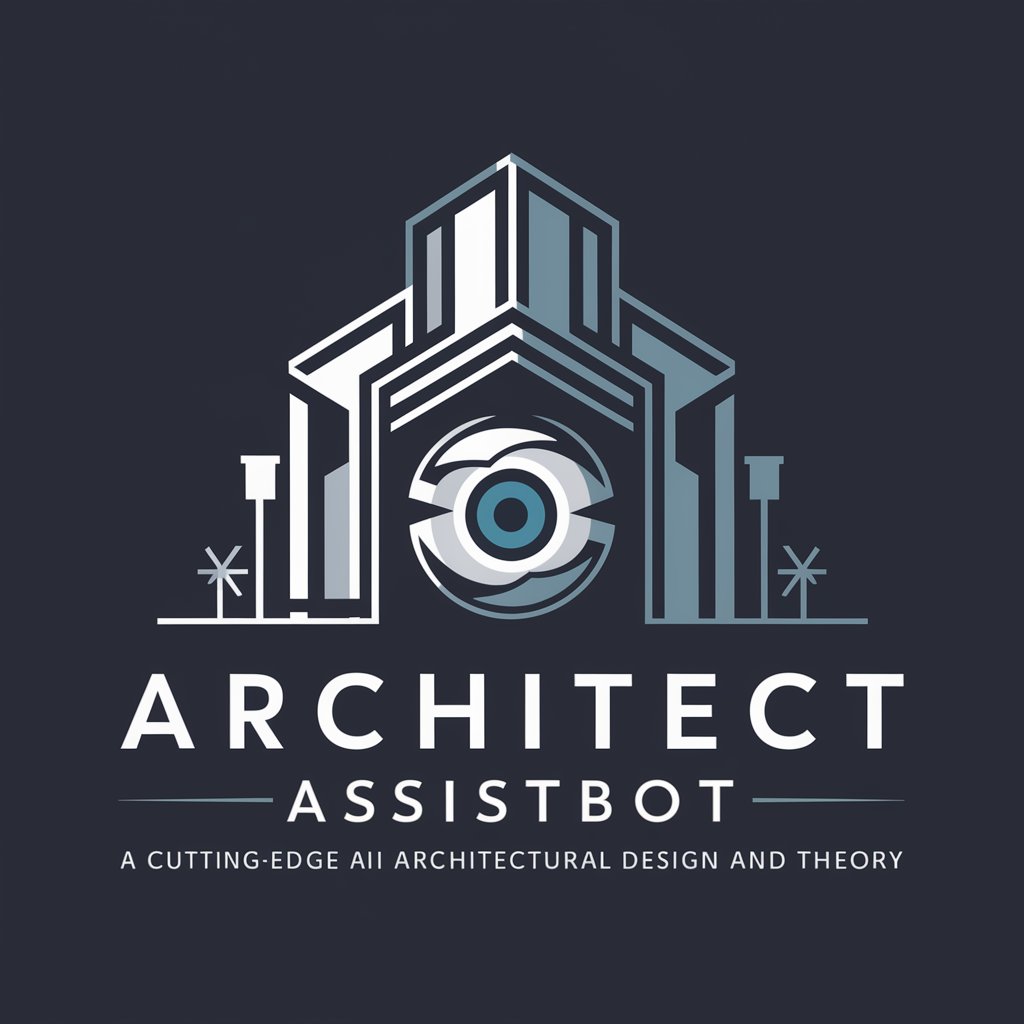
GPT DevBuddy
Empowering Development with AI
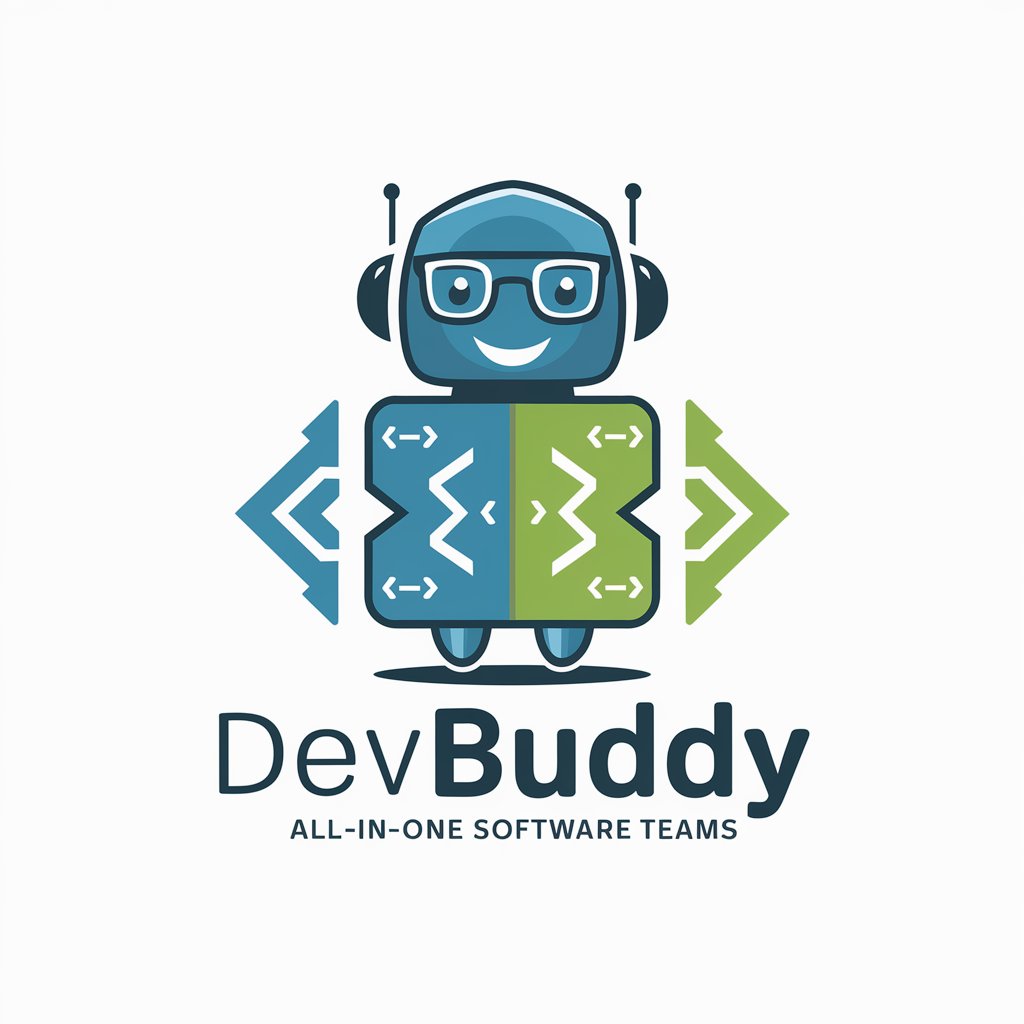
Pushing AI to Its Limits
Unleash Creativity with AI Power
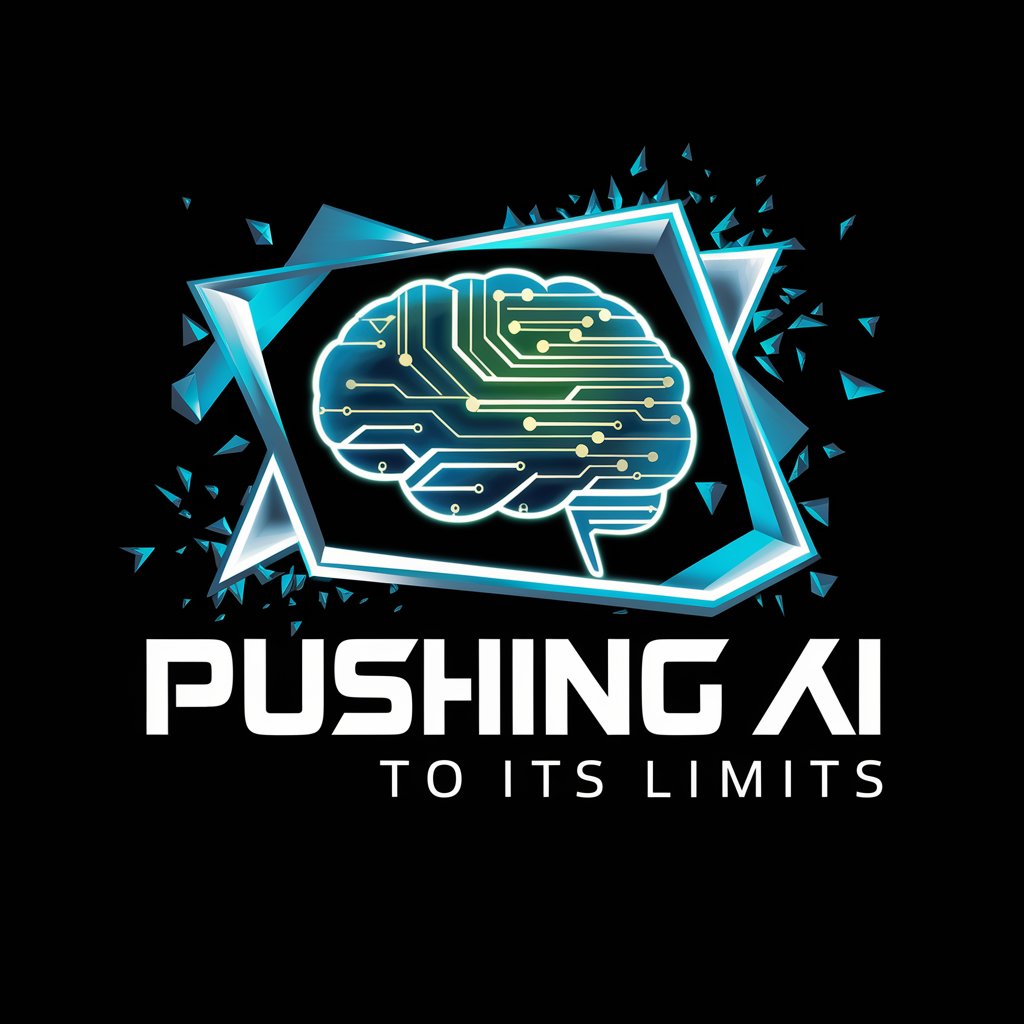
Visual QA Examiner
Enhance skills with AI-powered visual testing
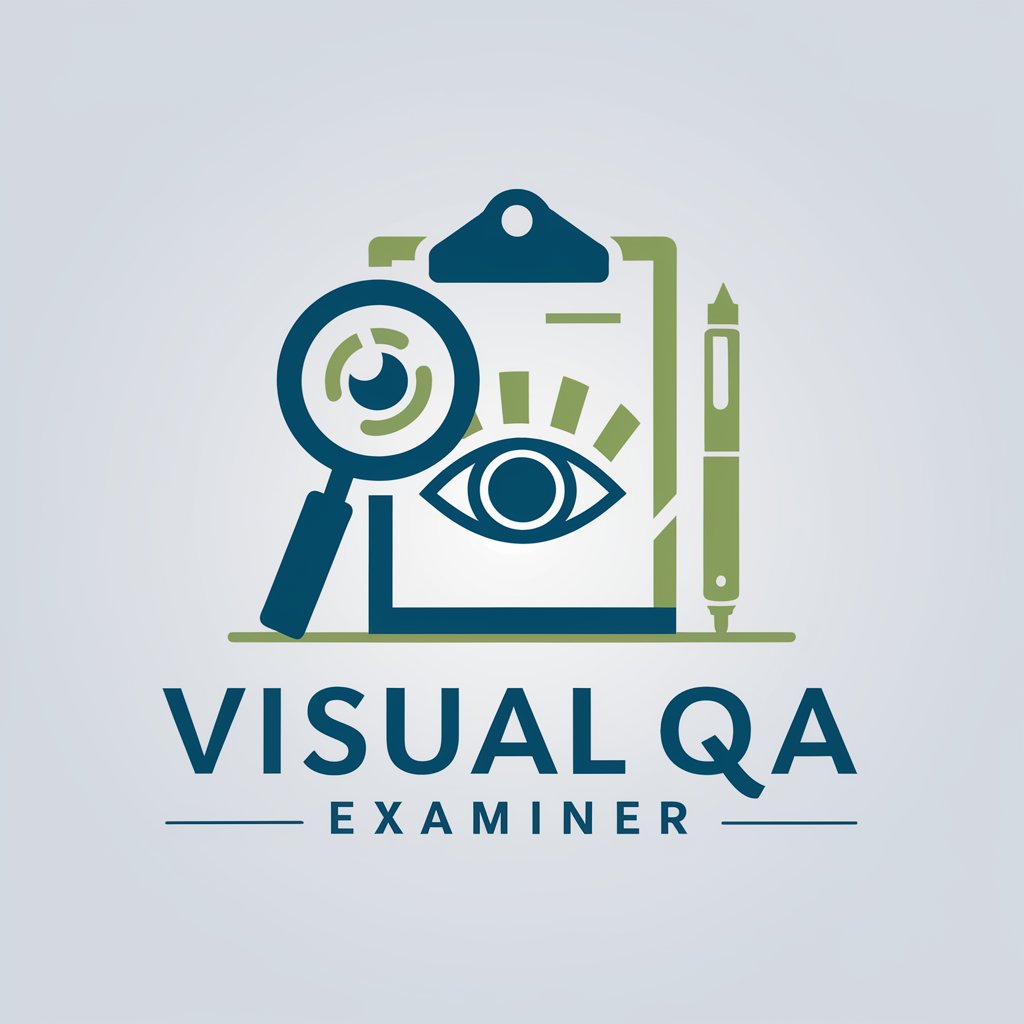
Prompt Redesigner
Transforming Ideas into Impactful Conversations

Robot
Empowering innovation with AI-driven insights

Torah Guide
AI-Powered Torah Learning
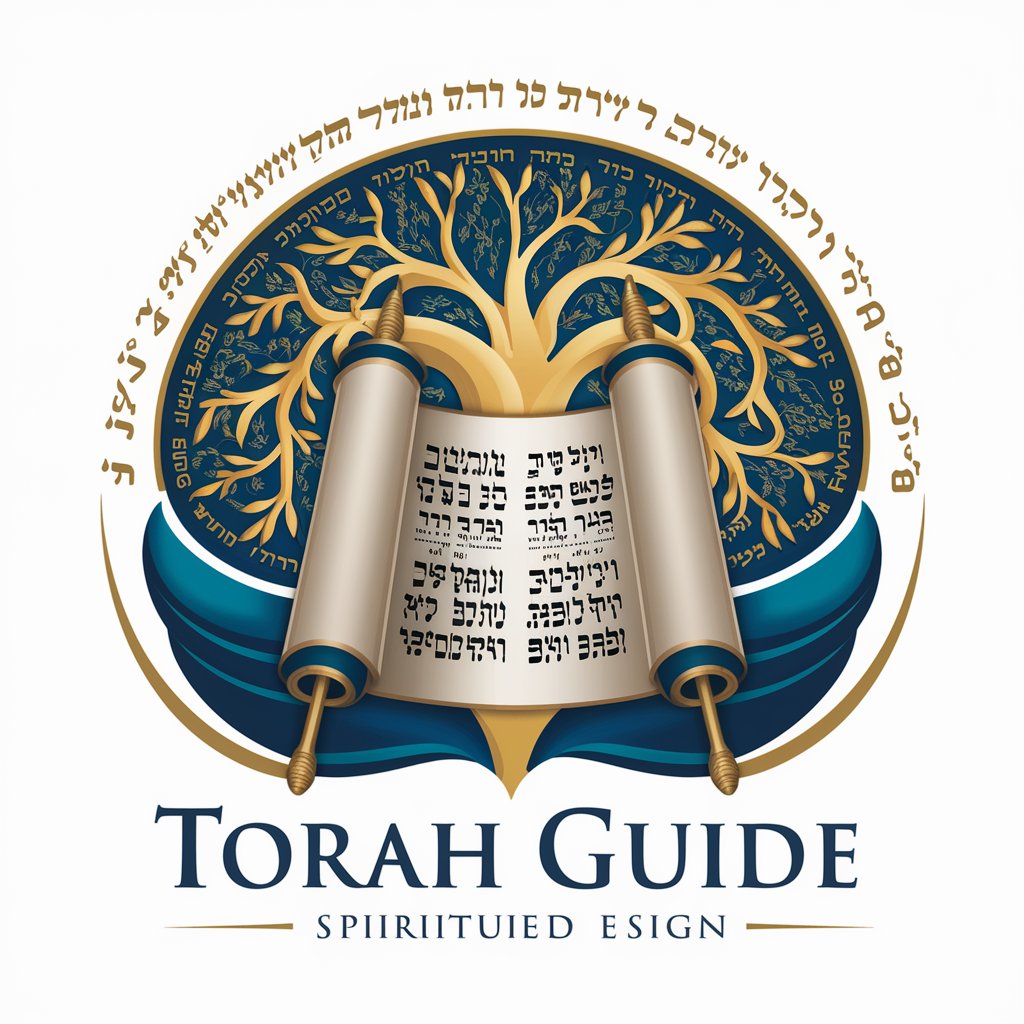
Katharyne's Coloring Book Creator for Imagine
Unleash Creativity with AI-Powered Coloring Books

Frequently Asked Questions About Rocket
What is Rocket's primary function?
Rocket is designed to provide detailed and comprehensive information on space exploration, technology, and the futuristic concept of living in space, catering to a wide range of inquiries with an intergalactic perspective.
How current is the information Rocket provides?
Rocket delivers up-to-date information on space technology and exploration, leveraging the latest data available up to its last training cut-off in April 2023, along with real-time browsing capabilities for the most current events and discoveries.
Can Rocket help with academic research in astronomy?
Yes, Rocket is equipped to assist with academic research by providing detailed explanations, summaries, and insights into a variety of space-related topics, making it a valuable tool for students and researchers alike.
Does Rocket offer insights into future space missions?
Absolutely. Rocket provides insights into planned space missions, technological advancements in spacecraft design, and the potential for future human and robotic exploration beyond Earth.
Can Rocket generate images related to space?
Yes, Rocket can generate images based on descriptions provided, enabling users to visualize concepts, spacecraft designs, and celestial phenomena in a detailed and artistic manner.

